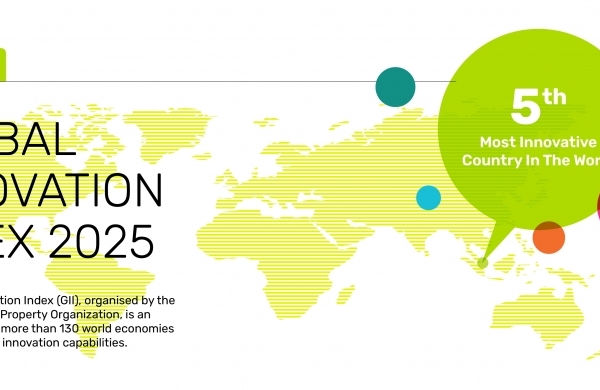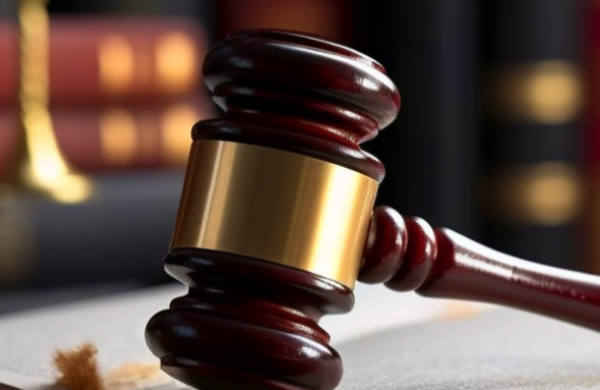Did not receive verification mail? Please confirm whether the mailbox is correct or not Re send mail

IPR Daily
- 2017-08-02 09:53:32
Germany’s Supreme Court refers copyright queries to CJEU
Germany’s Federal Court of Justice (Bundesgerichtshof) has referred copyright questions on quotations to Europe’s highest court.
On July 27, the Bundesgerichtshof sought guidance from the Court of Justice of the European Union (CJEU) on the balancing of copyright and fundamental rights of freedom of information and freedom of the press.
According to a press release from the court (translated), the proceedings relate to a German politician, the plaintiff.
The politician had authored a manuscript which, in 1998, was published as text in a book, but the politician claimed that the editor had distorted his views.
The original manuscript was found in an archive in 2013, and the plaintiff submitted it to several newspapers as proof that it had been altered for the book contribution at that time.
Although he didn’t agree to the texts being published by the editors, he consented to a link being placed to a statement on his website.
Before a Bundestag (parliament) election, the defendant, a news publisher, released a press report on its website claiming that the manuscript had not been distorted. Internet users were able to download the manuscript and the book contribution via an electronic link, and the politician’s website wasn’t linked.
According to the politician, this publication was a violation of his copyright, and he sued for an injunction and damages.
A Berlin court ruled in his favour in 2014 and an appeals court dismissed an appeal from the defendant.
The dispute reached the Federal Court of Justice, which stayed the decisions and referred questions to the CJEU concerning the interpretation of the InfoSoc directive (2001/29).
Stefan Abel, partner at Klaka Rechtsanwälte, explained that the court asked two principle questions concerning article 5(3) which deals with exceptions to copyright.
First, is the application of article 5(3)(c) excluded if the editor had a reasonable chance to ask for the author’s consent before making the work available to the public?
Second, does a quotation within the meaning of article 5(3)(d) require that the quoted text is included in the new text (eg, by footnotes) and that a connection to the text via a link to an independent pdf file is not sufficient?
Source: WIPR
Editor: Camila
- I also said the two sentence
- Also you can enter 140words
 TOP IPR U.S. Lawyers 10 & Firms 10 Selection Officially Launched by IPR Daily
TOP IPR U.S. Lawyers 10 & Firms 10 Selection Officially Launched by IPR Daily WIPO Global Innovation Index 2025: China Enters Top 10
WIPO Global Innovation Index 2025: China Enters Top 10 Singapore ranks 5th in the 2025 Global Innovation Index; climbed two spots in Innovation Outputs
Singapore ranks 5th in the 2025 Global Innovation Index; climbed two spots in Innovation Outputs Federal Circuit lacks jurisdiction over award that doesn’t raise issue of patent law
Federal Circuit lacks jurisdiction over award that doesn’t raise issue of patent law


